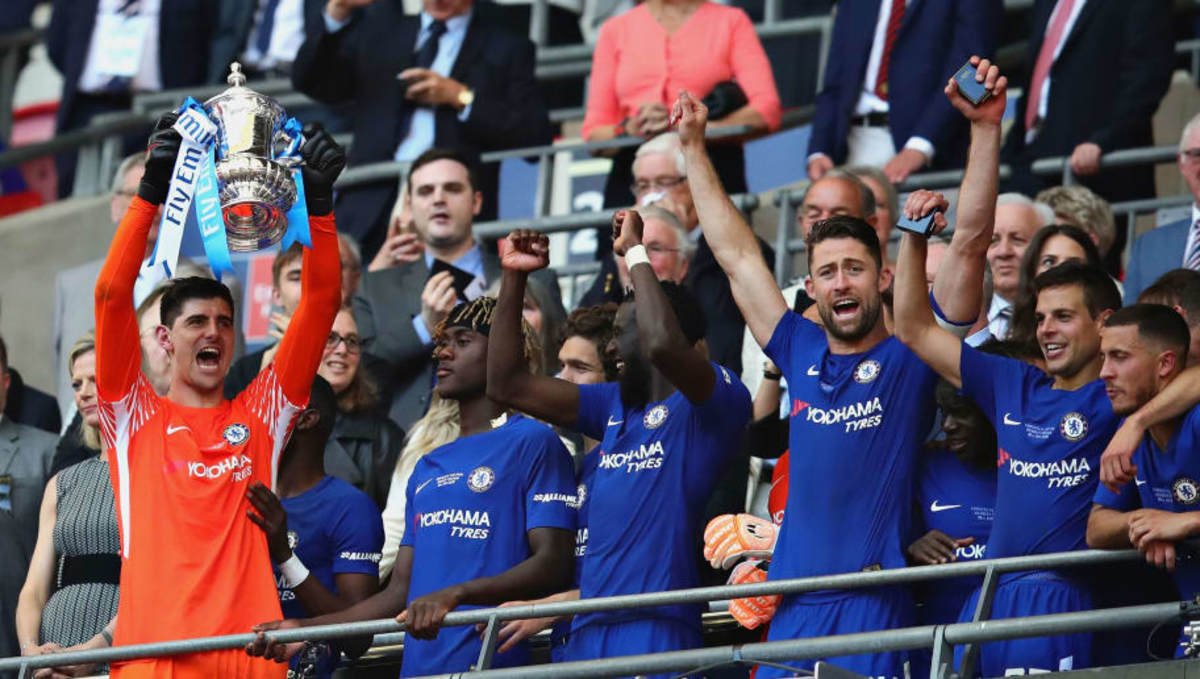The Winning Way: Why More Top European Clubs Should Adopt Chelsea's Much Debated Loan Policy

The loan policy implemented by Chelsea over recent years has been the topic of much controversy and debate over recent years, with the Blues accused of unfairly 'stockpiling' players, only to stunt their career progression and sell them on for a profit.
However, it must be recognised that top European clubs - such as Chelsea - that want to win things, need 'ready made' players in order to achieve success. As harsh as it may sound, there is very little room to risk young players at the most elite level of the game.
So while there's a football romance in giving young players an opportunity, from a sensible, measured business perspective it's just not viable for top European clubs like Chelsea.
Sending players out on loan fills in the development gaps they miss out on at Chelsea. Players can progress by playing for different clubs, learning different languages and experiencing new cultures at a gradually increasing footballing level - if they are capable of making the step up, of course.
When players get to the highest level, they can create a memory bank of performances for the Chelsea manager - so he can know that the player in question is capable of performing at the level required, having learned his lessons and made his mistakes elsewhere.
Thibaut Courtois and Andreas Christensen have been perfect examples of this, particularly during their spells at Atlético Madrid and Borussia Monchengladbach respectively. Conclusive proof that players who have the ability and mindset to make it at Chelsea, via the loan system, will be able to go on to do just that.
Chelsea managers of years gone by have known that they could trust Courtois and Christensen to play for Chelsea when they saw them playing well against the likes of Barcelona and Bayern Munich in La Liga and the Bundesliga respectively.
Speaking to Chelsea TV back in 2015 (via the Daily Mail), then Chelsea sporting director, Michael Emenalo, defended the club's loan policy.
"We have the difficult job - one we happily accept because we are a big club - of trying to balance being successful with making sure we have the right players at the right time.
"Sometimes we know there are players whose development is not finished, just like Victor [Moses], who we want to keep with our squad but who maybe needs to play more football to get to the level we think he can get to, because he is very, very talented."
Sometimes the timing is just not right for players to make it into the first team at Chelsea. This may not always be because of their ability as other factors come into play, as Emenalo went on to explain.
"For example we got [Juan] Cuadrado straight after a very difficult game at Spurs and we had to change our strategy for the rest of the season. That didn't suit the reason for which we had already gone to get him.
"So we felt it would be better for him to go and rediscover his confidence and he hasn't just gone to any other team...he's gone to Juventus.
"These players go to top clubs and when they get there they prove we don't recruit bad players, just like Salah did last season."
Other clubs have started to take note of the fact that players are climbing their way up the footballing ladder through the loan system. Manchester City and Juventus are two clubs who are building similar models, with City having up to 28 players on loan at any one time over recent years.








